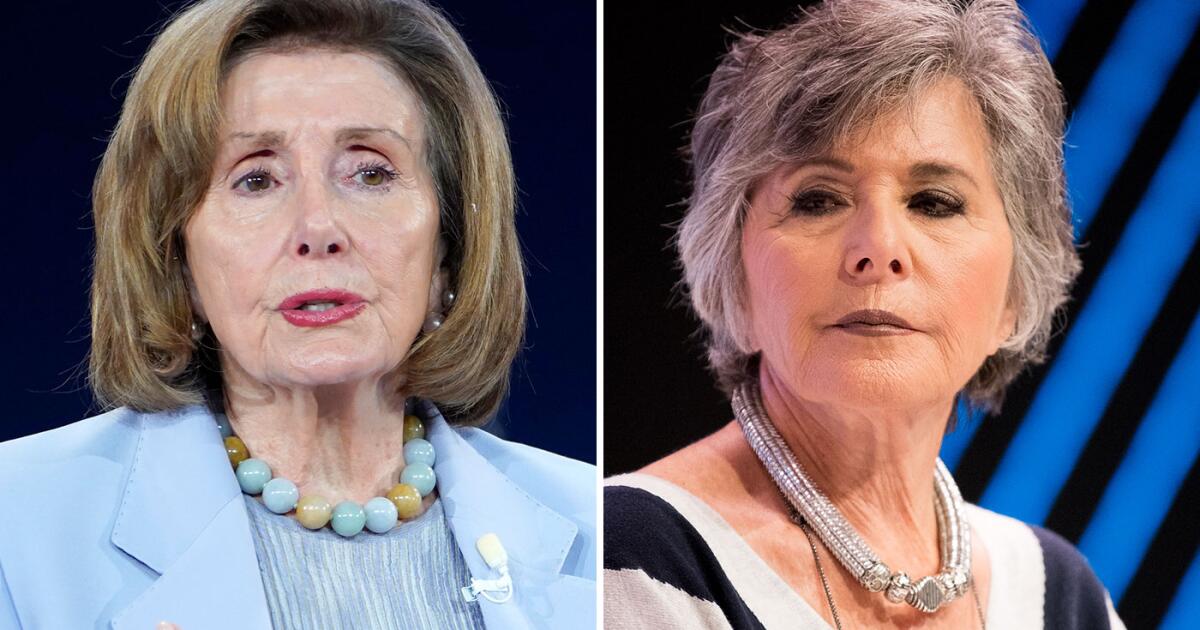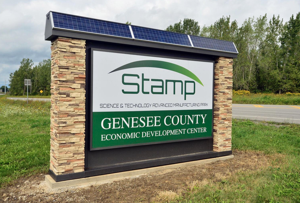While discussions surrounding age and leadership in Congress have gained traction, two voices from California provide differing perspectives on how to approach this issue. Barry Davis and Randall Gellens have expressed their opinions on the need for generational change and the implications of term limits in political office, emphasizing the importance of fresh ideas and experienced governance.
In a recent letter to the editor, Barry Davis from Agoura Hills argues for a shift towards younger politicians in Congress. He believes that the legislative body requires “young, fresh minds and bodies” to keep pace with the rapidly changing political landscape. Citing former Governor Arnold Schwarzenegger‘s perspective on Proposition 50, Davis contends that nostalgia for times when bipartisan cooperation flourished fails to recognize that the political environment has evolved dramatically.
Davis emphasizes the need for mental agility and adaptability, stating, “Times change and we must be able to keep up with them.” At 76 years old, he reflects on his own physical and mental vitality but acknowledges that health can decline with age. He uses a metaphor comparing the choice between hiring an older, experienced surgeon and a younger, well-trained one to illustrate his point about the need for fresh perspectives in governance. “It’s time to pass the baton,” he concludes.
On the other hand, Randall Gellens from San Diego presents a counterargument against the concept of term limits. He labels the idea as “monumentally stupid,” asserting that term limits do not address the root issues within politics, such as the influence of lobbyists and the high costs associated with running campaigns. Gellens recalls the experience in California, where the introduction of term limits led to a lack of seasoned politicians who could effectively govern, resulting in an increased reliance on lobbyists who remain in power indefinitely.
Gellens argues that term limits are fundamentally antidemocratic and restrict voters’ choices, suggesting that better reforms should focus on campaign finance limits and preferential voting systems. He believes these alternatives would empower voters and enhance the democratic process.
Both perspectives highlight the ongoing debate regarding the balance between experience and innovation in Congress. As the political landscape evolves, the conversation around generational change and legislative effectiveness is likely to continue shaping the future of American governance.







